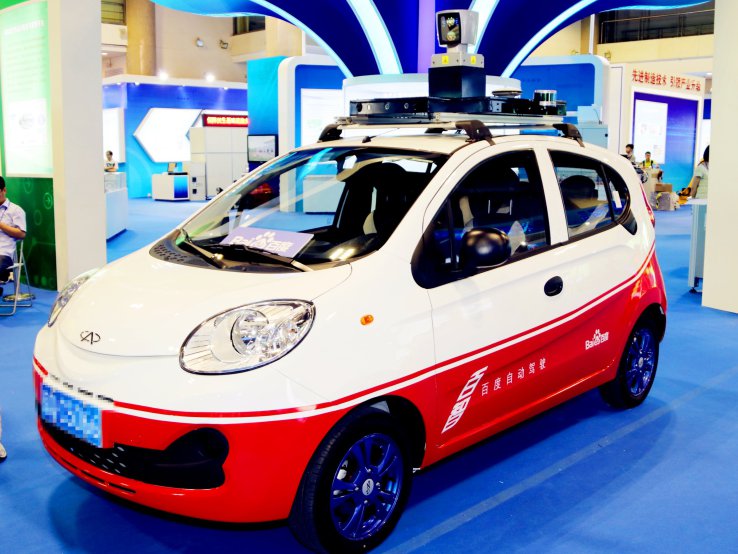Chinese internet search engine Baidu has stated it will share much of the technology it has developed for its self-driving vehicles.
The firm forcasted that the move would assist drive the advancement of autonomous vehicles.
Called Apollo, the task will make a series of software, hardware and data services offered to others, particularly automakers.
Other companies in the segment, such as Tesla and Google, have tended to maintain key developments secret.
Baidu, typically referred to as China’s Google, has been developing self-driving automobiles since 2015.
Making the stated ahead of the 2017 Shanghai Motor Show, it said innovations for use in limited test environments would be offered as soon as July.
There will then be a steady roll-out of other technology, with an objective to offer its complete range of developments to support self-driving for highways and city roadways by 2020.
In the announcement, Baidu’s group president Qi Lu stated it wished to produce a “collective ecosystem” using its strengths in artificial intelligence (AI) to “encourage greater development and opportunities, making better use of our innovation to drive the evolution of the entire market”.


